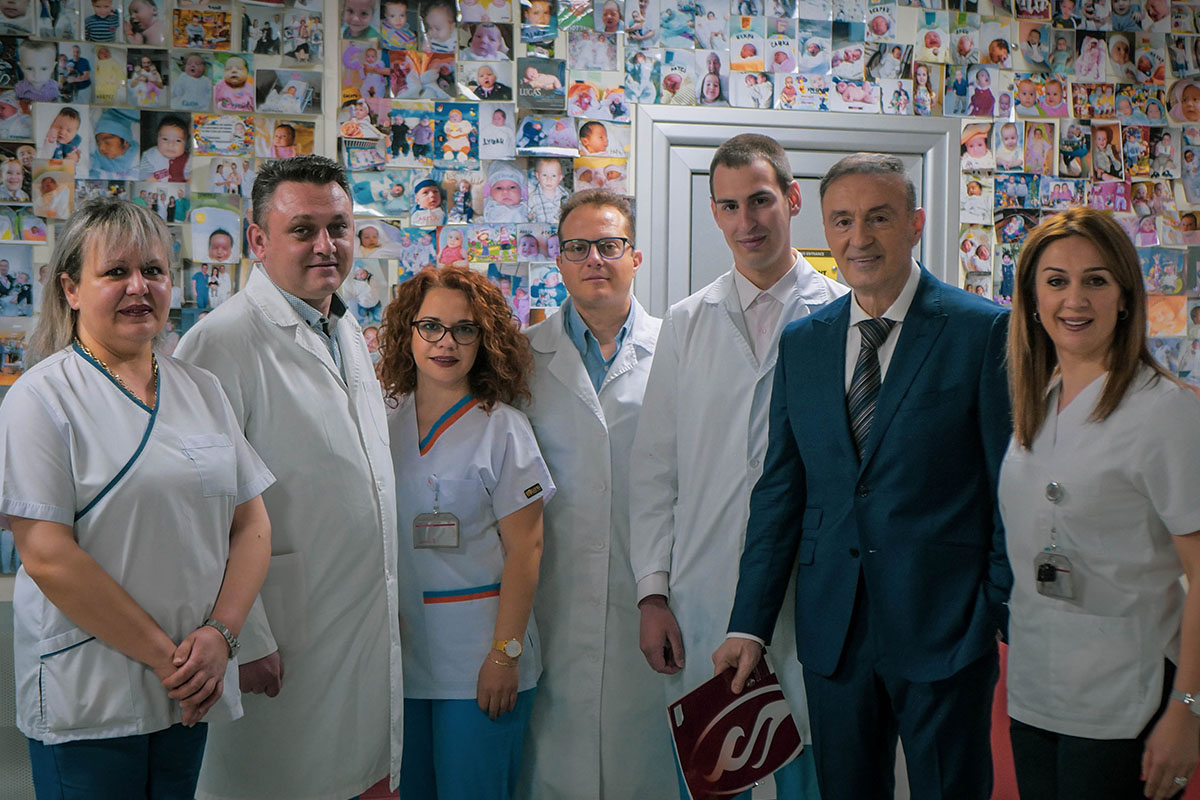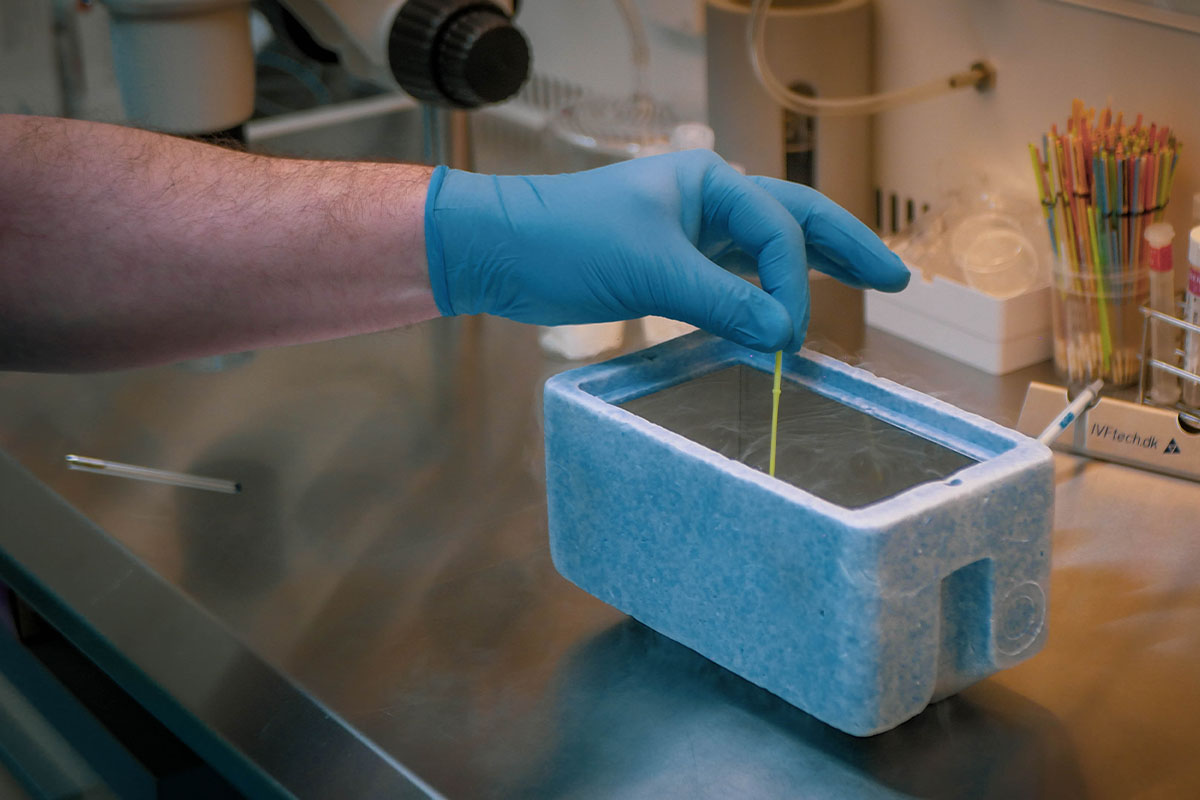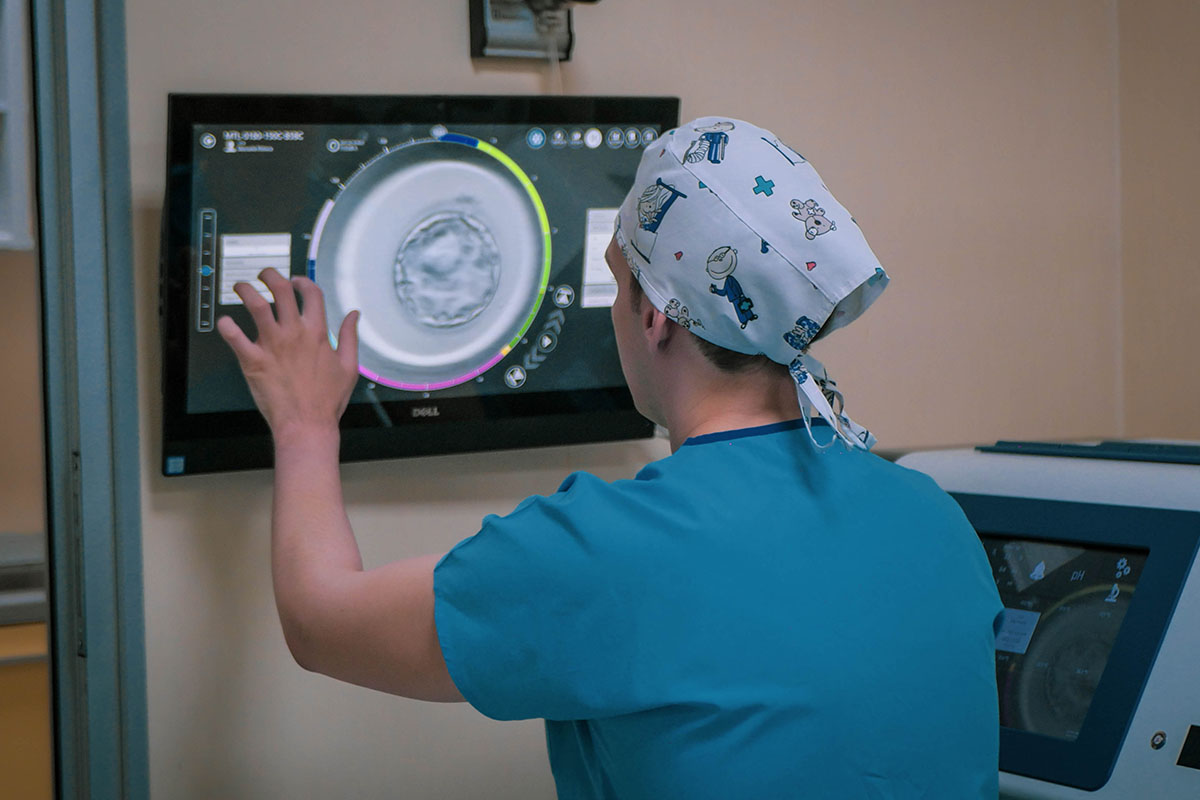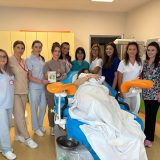The 12 Things You Should Know About IVF Success Rates

IVF is in vitro fertilization in which the egg is combined with a sperm outside of the woman’s body in a laboratory culture. It is one of the most common assisted reproductive techniques and is a helpful cure for infertility, including fallopian tube blockage or damage.

However, there is too much misconception associated with IVF, so we will talk about the 12 things you should know about IVF success rates today. We will also talk about the best hospital to get fertility treatment with more than 54% IVF success rates.
1. IVF can be a time-consuming procedure.
IVF or in vitro fertilization involves extracting the eggs out of a woman’s body and combining them with sperms, which can be time-consuming. Even though a woman’s egg cycle is 28 days, the patient has to get hormonal stimulant shots to produce more mature eggs every 10-12 days.
2. Age can impact IVF success rates.
Age can highly impact the IVF success rates because the fertility rate starts to decrease in the 30s, and similarly, in the 40s, it is very difficult to get pregnant. So, the best age to get the IVF treatment is in the 20s or early 30s.
3. Frozen embryos are better.
Most people do not know that frozen embryos can enhance the IVF success rates up to 50% because they are more stable and ready for survival.

4. IVF can be of different types.
Another important thing to know about IVF treatment is that there are many types of this technique, including natural IVF, mild IVF, and high drug-intensive IVF. The doctor will suggest you a suitable IVF after examining your condition.
5. IVF is not taboo.
First, we want to tell you that women’s fertility decreases with time because the quality of eggs reduces, so couples tend to seek IVF treatment more than you can imagine. According to statistics, more than 12% of women between 15 to 49 have fertility issues.

6. Be ready for multiple cycle treatments.
If you think of IVF treatment, you need to be ready for multiple cycles as it is not a one-time procedure. As the number of IVF cycles increases, the chances of pregnancy and fertility also increase.
7. Likelihood of multiple pregnancies.
And another important thing that you should know about IVF success rates is that there is a high likelihood of multiple pregnancies involving twins or triplets.
8. There is no 100% surety.
You need to keep in mind while going for IVF treatment that you won’t get 100% surety with this technique or any other fertility method. The average IVF success rate is up to 35%.
9. Dads are involved in the IVF procedure.
Most people have a common misconception that only women get emotional anxiety during the IVF procedure; however, the darts go to the same.
10. There are additional fertility treatments than IVF as well.
If you do not want to go for IVF, other fertility treatments can be considered. And if you want to improve IVF success rates can go for additional treatment options like PGS, PGD, Embryoscope, etc.
11. Your IVF efforts are worth it.
The bottom line is that all your IVF efforts are worth it, no matter how draining or expensive they are, so don’t let anybody tell you that you are just wasting your time and money. It is very brave of you to try everything possible to make your family.
12. Hospital selection can highly impact IVF success rates.
You need to select a highly reputable hospital for your IVF treatment because it can impact IVF success rates. We highly recommend you Spitalin Plodnost, based in Macedonia, with a more than 54% success rate in IVF and other fertilization treatment as they have the best embryologists and modern technology.
Final Words
We want to conclude our article about the 12 things you should know about IVF success rates. And we hope that we have cleared quite a few common misconceptions, and we believe that you will consider our suggestion and check out Spitalin Plodnost for the best IVF services.



